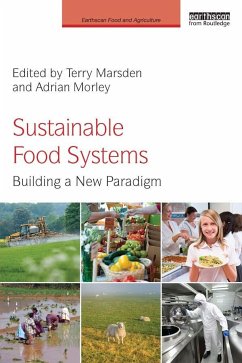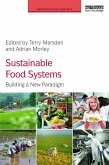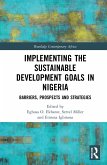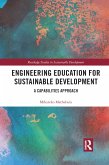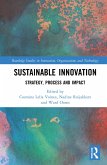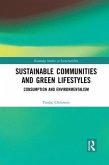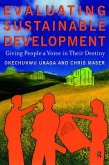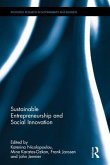In response to the challenges of a growing population and food security, there is an urgent need to construct a new agri-food sustainability paradigm. This book brings together an integrated range of key social science insights exploring the contributions and interventions necessary to build this framework. Building on over ten years of ESRC funded theoretical and empirical research centered at BRASS, it focuses upon the key social, economic and political drivers for creating a more sustainable food system. Themes include: regulation and governance sustainable supply chains public procurement sustainable spatial strategies associated with rural restructuring and re-calibrated urbanised food systems minimising bio-security risk and animal welfare burdens. The book critically explores the linkages between social science research and the evolving food security problems facing the world at a critical juncture in the debates associated with not only food quality, but also its provenance, vulnerability and the inherent unsustainability of current systems of production and consumption. Each chapter examines how the links between research, practice and policy can begin to contribute to more sustainable, resilient and justly distributive food systems which would be better equipped to 'feed the world' by 2050.
Hinweis: Dieser Artikel kann nur an eine deutsche Lieferadresse ausgeliefert werden.
Hinweis: Dieser Artikel kann nur an eine deutsche Lieferadresse ausgeliefert werden.

